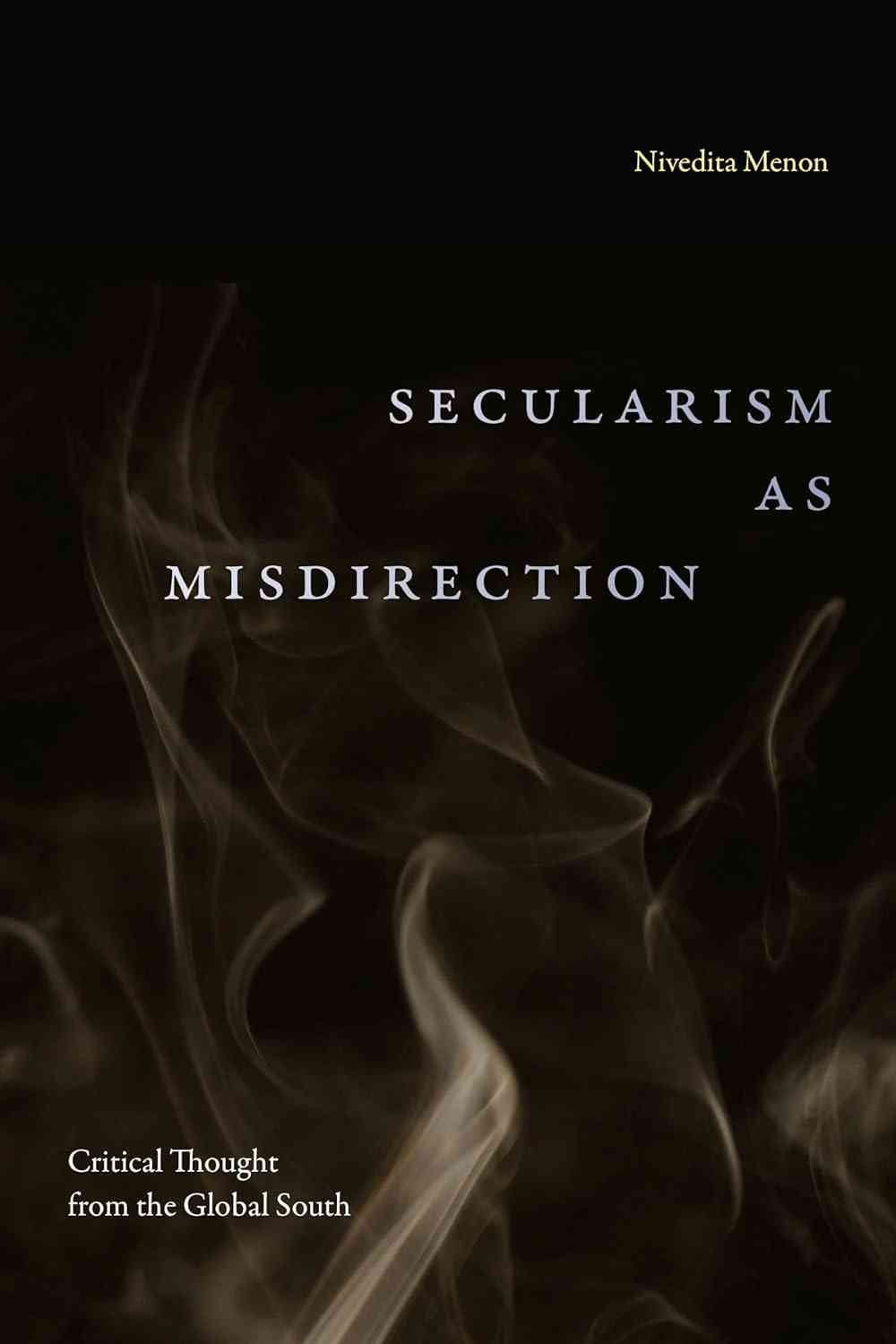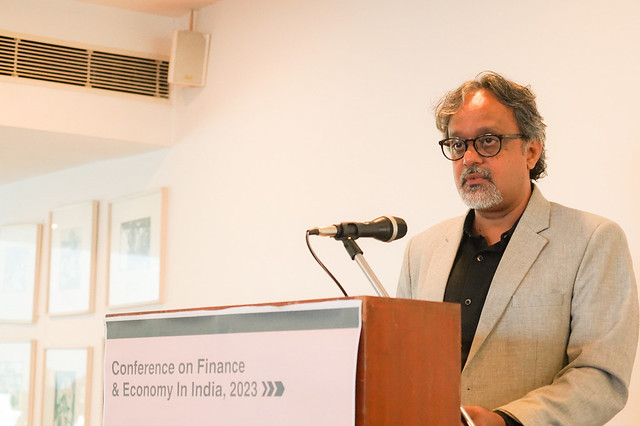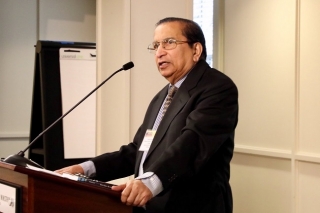Abstract: This article critically examines the transformations in work, workers, and workplaces within the contemporary neoliberal economic system, particularly in the Indian context. It argues that corporate-friendly labor laws and the rise of the gig economy have exacerbated the precarity of labor, especially for marginalized communities. Drawing upon Christian theological perspectives and liberation theology, the article calls for a renewed engagement by Christian communities to foster a just labor culture and economic order rooted in social security and workers' rights, moving beyond mere charity to embrace a political mandate for systemic change.
Introduction
As we reflect on the significance of Labor Day, it is imperative to critically analyze the profound shifts occurring in the conceptualization and experience of work, workers, and workplaces within the prevailing neoliberal economic system. The current era, extending beyond the analyses of classical political economy, has witnessed the emergence of novel forms of labor and distinct work cultures. The privatization of essential services has fragmented the workforce into precarious categories, including casual, contract, informal, and migrant laborers, creating a stark division between formal and informal sectors of employment. Governments, often enacting corporate-centric labor legislation, have facilitated extensive deregulation within the global labor landscape and economic framework. This reality necessitates a serious and ethically informed reflection, particularly from faith-based perspectives.
The Erosion of Workers' Rights in the Neoliberal Order
Corporate-friendly labor laws, designed to prioritize market efficiency and profitability, have demonstrably eroded fundamental workers' rights, dismantled crucial social security nets, and fostered market-driven workplaces and cultures. The ongoing struggles of Accredited Social Health Activists (ASHA) workers in Kerala serve as a poignant illustration of this broader trend. The reluctance of the Indian state to formally recognize their labor and ensure basic social security and fair wages underscores the prevailing governance system's alignment with neoliberal economic policies and private-sector work cultures. Such economic structures and labor practices inherently exacerbate unemployment and poverty, compelling a significant portion of the youth population to migrate in search of dignified employment opportunities that are increasingly elusive within the domestic economy.
The Rise of the Precarious Gig Economy
Against this backdrop of neoliberal restructuring, a new work culture, variously termed the gig economy, platform economy, or digital economy, has rapidly emerged. The COVID-19 pandemic brought the inherent vulnerabilities of this system into sharp relief. Public spaces such as streets, bus stands, and railway platforms transformed into makeshift informal marketplaces, while the visibility of workers engaged in platform-based services like food and package delivery intensified. Characterized by informality, inadequate wages, and the absence of fundamental labor rights and protections, these sectors now constitute a significant portion of the workforce. Official statistics indicate that nearly 90% of workers in India are employed in such informal arrangements, giving rise to severe social crises stemming from precarious and socially insecure labor conditions. The urgent need for rigorous studies on the mental health consequences induced by pervasive job insecurity and work-related stress cannot be overstated.
Intersecting Inequalities: Gender, Caste, and the Neoliberal Framework:
For women and marginalized workers, who disproportionately populate these informal sectors, the evolving economic and labor structures represent a deeply regressive and exclusionary reality. This is not solely an outcome of the neoliberal economic paradigm. In the Indian context, the deeply entrenched traditional caste hierarchy, pervasive social stratification, and patriarchal cultural norms have found insidious ways to adapt and persist within this neo-capitalist framework. Any meaningful social analysis of the transformations in labor, workers, and workplaces must explicitly acknowledge and address these intersecting forms of inequality.
Whether within the formal or informal sectors, the neoliberal economy, with its embedded caste-based labor dynamics, demonstrably intensifies the plight of workers and accelerates the commodification of workplaces. The devastating consequences of this reality were starkly exposed during the COVID-19 pandemic, as migrant workers undertook mass exoduses, left to face starvation and destitution on streets and railway tracks, revealing the profound inhumanity inherent in our labor culture and economic system. Despite the nationalistic rhetoric and pride in heritage, the foundational labor culture fails to provide basic security to the vast majority of vulnerable workers. Tragically, the lessons from this humanitarian crisis appear to have gone unheeded, with little substantive effort to dismantle the deadly economic order and reconstruct labor laws and workplaces to be more worker-friendly and humane.
The Prophetic Role of Religious Communities
As potentially transformative social movements capable of reshaping societal life, religious communities bear a crucial responsibility in fostering a worker-friendly culture and advocating for an economic order grounded in social security for all. Liberal ideology has often relegated religion to the private sphere or to an otherworldly discourse, effectively detaching it from any obligation to actively intervene in or transform the socio-economic structures of production and distribution. However, as Karl Marx astutely observed socio-economic production systems fundamentally shape social, political, and religious consciousness. Ludwig Feuerbach's insight remains pertinent: even human-divine experiences are rooted in social contexts shaped by the relations of production and reproduction. Religion, in this sense, can be understood as a social survival mechanism. A truly transformative new order can only be envisioned through a continuous process of reshaping social life and exchange relations. This aspiration, crystallizing within us as a creative social praxis, is the essence of religion and faith.
Yet, the dominant market culture and its proponents actively seek to sever the connection between religion and faith and material realities, presenting them as mere private fantasies devoid of social relevance. This constitutes a market-friendly distortion of the gospel. In stark contrast, the life and teachings of Jesus Christ offer a powerful counter-narrative. He himself engaged in labor during his earthly existence and directly addressed the struggles of working people. He challenged the exploitative and divisive social structures of the Roman Empire and envisioned workplaces characterized by justice and equity. His parable of equal wages for laborers who worked different hours speaks directly to the principle of distributive justice within an inherently unequal society. His vision of a future where "each shall eat the fruit of their own labor" (Isaiah 65:21-22) embodies a message of a new society founded on just workplaces and a humane labor culture. The critical question facing the Christian Church today, particularly in a context where some evangelists paradoxically preach that labor is humanity’s curse from Eden, is whether it can reclaim this radical vision of labor and justice.
Biblical Foundations for a Theology of Labor
Indeed, a core proposition within the biblical narrative itself concerns the dignity of labor and the imperative for just workplaces. The Book of Exodus narrates the foundational story of resistance against the oppressive slave-labor system of Egypt as central to the formation of God’s people, highlighting God's concern for the exploited worker. Furthermore, the Book of Genesis portrays God as actively engaged in creative labor from the very beginning. Old Testament narratives, such as the story of Naboth’s vineyard (1 Kings 21), exemplify the prophetic tradition of speaking truth to power and condemning exploitative labor practices under autocratic regimes. The biblical canon concludes with the apocalyptic vision in the Book of Revelation of the fall of empires that commodify even human beings (Revelation 18:11-13). Consequently, interpretations of the Bible that neglect the significance of labor and socio-economic production processes fundamentally undermine its core message.
The Contribution of Liberation Theology
Liberation theology has made a significant contribution to re-interpreting labor as an integral and essential dimension of Christian theology. Influential thinkers such as M.M. Thomas, Bastiaan Wielenga, and Sebastian Kappen have cogently argued that the Church has a moral and theological imperative to actively stand in solidarity with workers' rights movements and advocate for just labor cultures. However, the pervasive influence of neoliberalism has not only restructured production relations but has also reshaped workplaces and the very experience of laboring bodies into market-driven and often authoritarian frameworks, necessitating fresh and contextually relevant theological interventions.
Conclusion: A Call for Transformative Action
The evolving realities of work, workplaces, and workers in the neoliberal era present urgent and profound challenges to Christian faith and theology. The manner in which these challenges are confronted will ultimately determine the contemporary relevance and ethical integrity of the Church. Moving beyond acts of individual charity, Christian communities must embrace the political mandate to actively participate in forging a just and equitable labor culture, advocating for an economic order that prioritizes social security and the inherent dignity of all workers, and developing a robust and action-oriented theology of labor. This requires a critical engagement with the systemic injustices embedded within the neoliberal framework and a renewed commitment to the prophetic call for liberation and justice in the economic sphere.
(Y.T. Vinayaraj is the Director of CISRS, Bangalore)
Become a member
Get the latest news right in your inbox. We never spam!






















Comments
No Comments